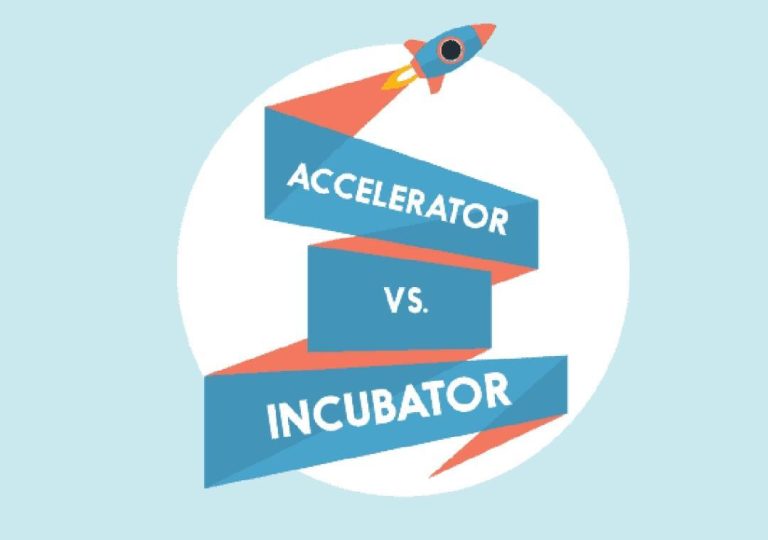
AI, Creators & Tier-2 Cities Power India’s Startup Growth
India’s startup landscape has witnessed tremendous growth in recent years, and the pace is only expected to accelerate. A recent report by Meta-A&M, a leading management consulting firm, provides valuable insights into the country’s startup ecosystem. The report highlights the key trends shaping India’s startup growth, including the adoption of Artificial Intelligence (AI), omnichannel models, expansion into Tier-2 and Tier-3 cities, and the rise of the creator economy.
AI Adoption: The New Normal
The report reveals that a staggering 70% of Indian startups are now using AI in some form. This is not surprising, given the significant benefits AI can bring, such as enhanced customer engagement, improved operational efficiency, and competitive advantage. AI-powered chatbots, for instance, can help startups provide 24/7 customer support, while AI-driven analytics can enable data-driven decision-making.
The adoption of AI is not limited to large enterprises; even small and medium-sized startups are embracing AI to stay ahead of the competition. For instance, a startup offering a meal-kit delivery service uses AI to optimize its logistics and supply chain, ensuring that customers receive fresh and high-quality ingredients.
Omnichannel Models: The Future of Customer Engagement
Another key trend shaping India’s startup growth is the adoption of omnichannel models. The report reveals that 67% of startups are now using multiple channels to engage with their customers, including social media, email, messaging apps, and in-store experiences. This omnichannel approach enables startups to provide a seamless and personalized experience to their customers, increasing customer loyalty and retention.
For example, a popular e-commerce startup uses social media, email, and messaging apps to engage with its customers, offering them personalized discounts and offers. The startup also uses in-store experiences, such as pop-up stores and events, to connect with customers and build brand loyalty.
Tier-2 and Tier-3 City Expansion: The Next Frontier
Traditionally, India’s startup ecosystem has been concentrated in Tier-1 cities, such as Bengaluru, Delhi, and Mumbai. However, the report reveals that 95% of startups are now targeting smaller cities, including Tier-2 and Tier-3 cities, for expansion. This shift is driven by the growing demand for innovative products and services in smaller cities, as well as the availability of skilled talent and lower operating costs.
For instance, a startup offering a fintech solution is expanding its services to Tier-2 cities, such as Coimbatore and Indore, where there is a growing demand for digital payment solutions. The startup is leveraging the local talent pool and lower operational costs to scale its business.
The Rise of the Creator Economy
The report also highlights the growing importance of the creator economy in India’s startup ecosystem. The creator economy refers to the ecosystem of creators, influencers, and content producers who produce and distribute content to a large audience. The report reveals that 88% of startups are now partnering with influencers early in their growth journey.
For instance, a popular food delivery startup partners with popular food influencers on social media to promote its brand and offerings. The startup also uses influencer marketing to reach a wider audience and increase brand awareness.
Conclusion
India’s startup ecosystem is evolving rapidly, driven by the adoption of AI, omnichannel models, expansion into Tier-2 and Tier-3 cities, and the rise of the creator economy. These trends are reshaping how startups scale, connect with users, and build future-ready brands across India.
As the Indian startup ecosystem continues to evolve, it is essential for startups to stay ahead of the curve by embracing these trends and leveraging the opportunities they present. By doing so, Indian startups can continue to drive growth, innovation, and economic development in the country.
Source:






